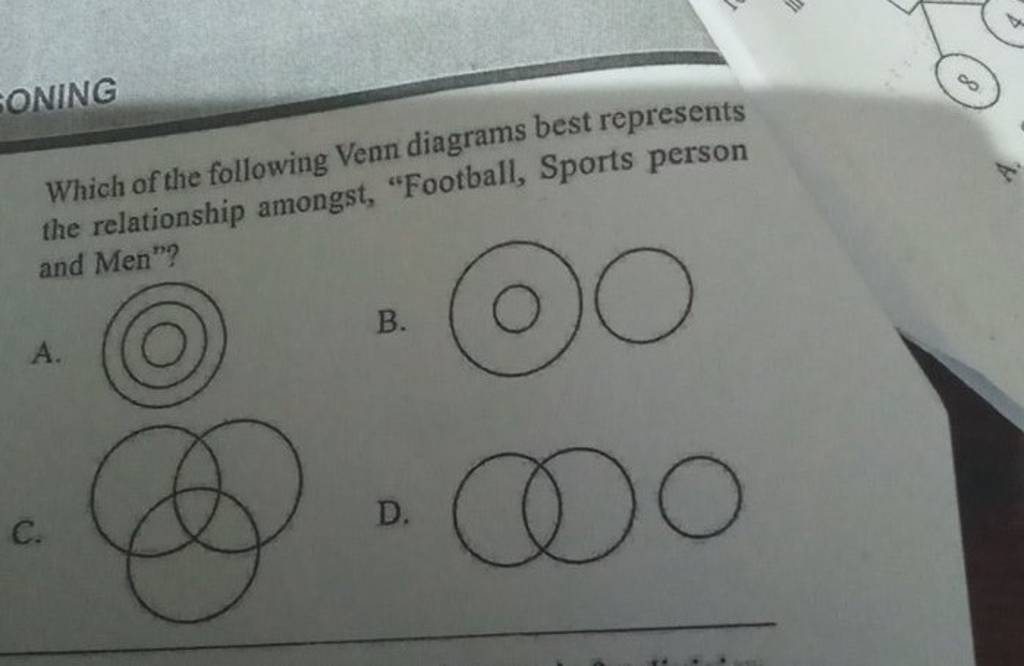EMT Responsibilities in Independent Healthcare Teams: Professional Expectations
Understand the role of EMTs in independent healthcare teams
Emergency medical technicians (EMTs) oft work within independent healthcare groups, serve as vital components of emergency response systems. When function in these autonomous teams, EMTs must navigate complex responsibilities while maintain professional standards. This comprehensive guide explore what EMTs should expect when work as independent healthcare group members.
Professional autonomy and decision-making
As an independent healthcare group member, an EMT should expect to exercise significant professional autonomy. Unlike structured hospital environments, independent settings oftentimes require EMTs to make critical decisions without immediate supervision.
Independent assessment skills
EMTs must rely on their training to conduct thorough patient assessments. This includes:
- Evaluate vital signs and physical symptoms
- Determine appropriate treatment protocols
- Recognize when to request additional resources
- Document findings accurately for continuity of care
Independent decision-making require confidence in one’s abilities while recognize personal limitations. EMTs should expect to regularly update their knowledge and skills to ensure they’re prepared for autonomous practice.
Protocol adherence
Despite work severally, EMTs must purely adhere to establish medical protocols and standing orders. These guidelines provide the framework for treatment decisions and help ensure patient safety. EMTs should expect to:
- Maintain comprehensive knowledge of current protocols
- Stay informed about protocol updates and changes
- Document protocol base decisions exhaustively
- Explain rationales for treatment choices when transfer care
Collaborative responsibilities
While independence is value, collaboration remain essential. EMTs should expect to function as team players who coordinate efficaciously with other healthcare professionals.
Communication with team members
Clear, concise communication form the backbone of effective emergency care. EMTs should expect to:
- Relay critical patient information expeditiously
- Use standardized communication techniques (such as sstar situation, background, assessment, recommendation )
- Maintain professional demeanor level during high stress situations
- Adapt communication styles to different team members’ needs
Interdisciplinary coordination
Independent healthcare groups oftentimes include professionals from various disciplines. EMTs should expect to work aboard:
- Paramedics with advanced skills and training
- Nurses provide specialized care
- Physicians offer medical direction
- Mental health professionals during behavioral emergencies
- Law enforcement in potentially dangerous situations
Successful EMTs develop mutual respect with these colleagues, understand each profession’s scope of practice and expertise.
Leadership opportunities and responsibilities
Independent healthcare settings oft present leadership opportunities for EMTs. Depend on experience and circumstances, an EMT might need to:
Scene management
EMTs oft arrive firstly at emergency scenes and must establish initial control. This involves:
- Ensure scene safety for patients and responders
- Coordinate bystanders and family members
- Direct additional respond units
- Establish triage systems during multi casualty incidents
Team leadership
Experienced EMTs oft guide less experienced team members. This mentorship role includes:
- Model professional behavior and clinical excellence
- Provide constructive feedback after calls
- Support newer team members during challenge situations
- Promote a culture of continuous improvement
Resource management
Independent healthcare teams must expeditiously manage limited resources. EMTs should expect responsibility for:

Source: afscme.org
Equipment and supply management
Maintain operational readiness is crucial. EMTs should:
- Conduct thorough equipment checks at shift start
- Restock supplies after each patient encounter
- Report equipment malfunctions pronto
- Practice proper infection control and decontamination
Time and priority management
EMTs must balance compete demands, particularly during busy periods. This requires:
- Prioritize patients base on acuity
- Manage scene time expeditiously
- Recognize when to request additional resources
- Maintain documentation while provide timely care
Professional development expectations
Independent practice demand ongoing professional growth. EMTs should expect to:
Continuing education
Medical knowledge evolve quickly, require EMTs to:
- Complete require certification renewals
- Pursue additional specialized training
- Stay current with evidence base practice changes
- Participate in skills verification sessions
Quality improvement participation
Independent healthcare groups typically maintain quality improvement programs. EMTs should expect to:
- Participate in case reviews and debriefings
- Contribute to protocol development and refinement
- Track personal performance metrics
- Implement feedback from quality reviews
Ethical and legal considerations
Work severally amplifies the importance of ethical practiceEMTsts should expect heighten responsibility for:
Patient advocacy
EMTs serve as patient advocates, peculiarly when patients can not speak for themselves. This involves:
- Respect patient autonomy and preferences
- Ensure inform consent when possible
- Protect patient privacy and confidentiality
- Advocate for appropriate care at receive facilities
Documentation and legal protection
Thorough documentation become particularly important in independent practice. EMTs should:
- Document all patient interactions comprehensively
- Record treatments provide and patient responses
- Note any refusals of care with appropriate patient education
- Maintain records accord to legal requirements
Adapt to diverse practice environments
Independent healthcare groups operate in various settings. EMTs should expect to adapt to:
Geographic considerations
Different locations present unique challenges:
- Rural settings with extended transport times
- Urban environments with complex social factors
- Remote locations with limited backup resources
- Challenge terrain affect patient access and evacuation
Population specific needs
Communities have diverse healthcare needs. EMTs should prepare for:
- Cultural competence across diverse populations
- Age specific approaches from pediatrics to geriatrics
- Language barriers require communication strategies
- Socioeconomic factors influence healthcare access
Self-care and resilience
The independent nature of EMT work can create significant stress. EMTs should expect to prioritize:
Physical well-being
The physical demands of EMT work require attention to:
- Proper body mechanics during patient movement
- Adequate rest between shifts
- Regular physical conditioning
- Proper nutrition despite irregular schedules
Mental health maintenance
Emotional resilience is essential for career longevity. EMTs should:
- Recognize signs of compassion fatigue and burnout
- Utilize peer support and critical incident debriefings
- Develop healthy cope mechanisms
- Access professional mental health resources when need
Technology integration
Modern emergency medicine progressively relies on technologyEMTsts should expect to:
Electronic documentation systems
Digital record keeping has mostly replace paper charts. EMTs must:
- Develop proficiency with electronic patient care records
- Understand data privacy regulations
- Troubleshoot common technology issues
- Maintain backup documentation methods
Telemedicine capabilities
Remote medical consultation is progressively common. EMTs should prepare to:
- Facilitate video consultations with physicians
- Transmit vital signs and eggs electronically
- Implement treatment orders receive remotely
- Document telemedicine interactions suitably
Community integration and public health
Independent healthcare groups oftentimes serve broader community health functions. EMTs should expect involvement in:
Public education
EMTs oft serve as health educators, provide:

Source: blog.sscor.com
- CPR and first aid training to community members
- Injury prevention programs
- Public health information during outbreaks or disasters
- School base health education initiatives
Community paramedicine
Many regions are expandeEMTmt roles to include preventive care. This might involve:
- Home safety assessments
- Medication compliance checks
- Chronic disease monitor
- Connect patients with community resources
Conclusion
Work as an independent healthcare group member offer EMTs both significant challenges and remarkable opportunities for professional growth. By understand these expectations and prepare consequently, EMTs can provide exceptional patient care while advance their careers. The combination of clinical expertise, communication skills, ethical practice, and adaptability enable EMTs to thrive in independent healthcare environments.
The virtually successful EMTs embrace both the autonomy and responsibility that come with independent practice. They incessantly develop their skills, maintain collaborative relationships with colleagues, advocate for their patients, and contribute to the advancement of emergency medical services in their communities.
MORE FROM eboxgo.com













